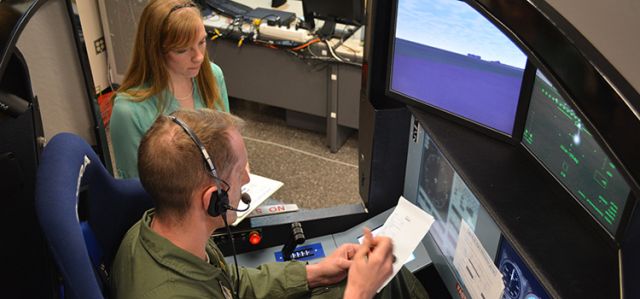Document Type
Article
Publication Date
8-2022
Publication Source
Environments
Abstract
Implementation costs are a major factor in manufacturers' decisions to invest in energy-efficient technologies. Emerging technologies in lighting systems, however, typically require small investment costs and offer short, simple payback periods, due, in part, to federal, state, and utility incentive programs. Recently, however, certain state and federal mandates have reduced the support for and efficacy of electricity utility incentivizing programs. To determine the impact of such support programs, this study examined historical data regarding lighting retrofit savings, implementation costs, and utility rebates gathered from 13 years of industrial energy audits by a U.S. Department of Energy Industrial Assessment Center in a midwestern state. It uses a machine learning approach to evaluate the industrial energy and cost-saving opportunities that may have been lost due to decisions attributable to legislative mandates, utility policies, and manufacturers' calculations and to evaluate the potential effect of lighting rebates on manufacturers' decisions to implement industrial energy-efficient lighting retrofits. The results indicate that the decision not to implement lighting energy efficiency recommendations resulted in a loss of more than USD800,000 in potential rebates by industries during the study period and that the implementation of lighting energy assessment recommendations could have increased by about 50% if electric utility rebates had been available. These findings can help industries evaluate the benefits of implementing lighting efficiency improvements, and help utilities determine feasible lighting retrofit rebate values for incentivizing such changes by the industries they serve.
ISBN/ISSN
2076-3298
Document Version
Published Version
Publisher
MDPI
Volume
9
Issue
8
Peer Reviewed
yes
eCommons Citation
Shook, Phillip and Choi, Jun-Ki, "Predicting the Impact of Utility Lighting Rebate Programs on Promoting Industrial Energy Efficiency: A Machine Learning Approach" (2022). Mechanical and Aerospace Engineering Faculty Publications. 249.
https://ecommons.udayton.edu/mee_fac_pub/249




Comments
This open-access article is provided for download in compliance with the publisher’s policy on self-archiving. To view the version of record, use the DOI: https://doi.org/10.3390/environments9080100